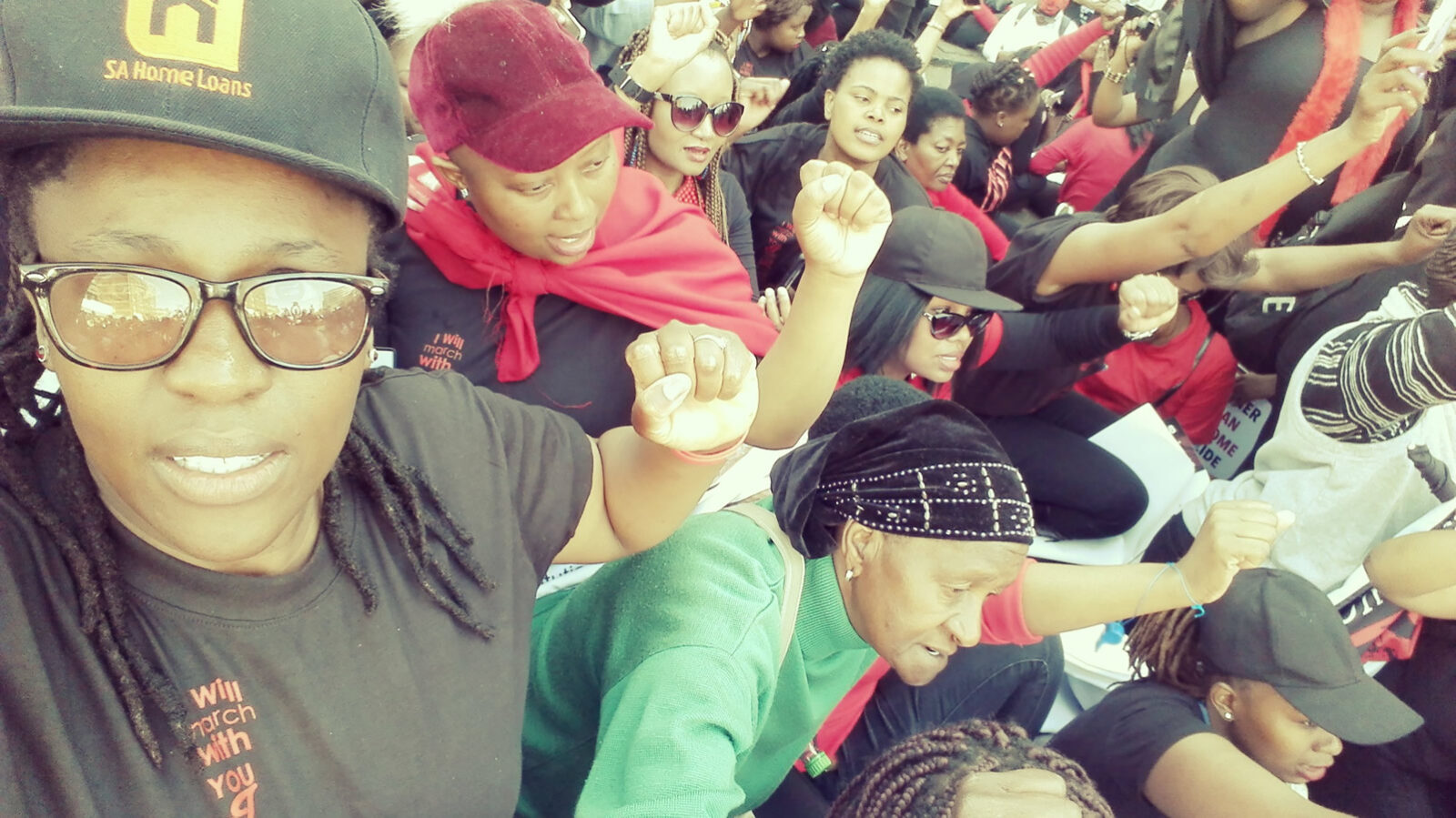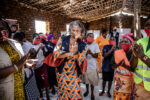As People Opposing Women Abuse (POWA), we are proud of our driver Isaac Raliwedzha being interviewed on his career journey through the Mail & Guardian’s “If I Could Whisper in My Son’s Ear – Conversations by Men, for Men” campaign. We strongly believe in the participation of men in the fight against GBV.
POWA is a feminist, non-profit organisation established in 1979 that provides advocacy, skills development opportunities, counselling, legal advice, sheltering and court support services to gender-based violence (GBV) survivors. Isaac is the only male working for POWA as its policy states that only women can be employed by the organisation.
Isaac is at the forefront of the fight against GBV through his work driving GBV survivors to court, the clinic, hospital and shelters. His work also involves transporting survivors’ children to school as well as for counselling sessions. As some survivors have to escape perpetrators in a hurry, they sometimes leave important documents at home such as passports and IDs, so Isaac takes them to Home Affairs to access new ones.
“In my daily work, I sometimes have to transport survivors who are so angry and stressed and don’t say anything,” he says. “I never force them to talk if they don’t want to. I just let them be.”
He adds that he never collects survivors from their homes as perpetrators may think he is a boyfriend, which may lead to further abuse. POWA CEO, Mary Makgaba, adds that as per POWA regulations, the driver cannot ferry survivors alone as a man. “There are house mothers (staff in charge of POWA shelters) who accompany him to access services at the South African Police Service (SAPS), courts, clinics and schools,” she says. “This is done cautiously because most survivors do not feel free travelling with a man as we all know that perpetrators of GBV are men. Otherwise, they will be scared and this will increase secondary trauma for them.”
On 27 November 2020, POWA held a march to the SAPS to hand over Memorandums to Minister of Police, Bheki Cele and the National Director of Public Prosecutions Advocate Shamila Batohi that focused on POWA’s demands for the criminal justice system to better support GBV survivors. Many survivors face secondary victimisation from our police and courts.
The Memorandums focus on various issues being addressed, including but not limited to, lack of feedback on the progress of cases, delay on arrest/no arrest at all for perpetrators, no follow up on cases, secondary victimisation of survivors and police referring GBV cases to be dealt with by families at home.
In the memorandum, were the following demands from POWA, which included, but weren’t limited to, police offering support services for transportation of survivors to hospital and shelters, placement of well-trained staff to deal with GBV survivors at the SAPS, speedy finalisation of GBV cases and the provision of court preparation for survivors of GBV as well as provision of victim friendly rooms that are well equipped for survivors.
Many working within the criminal justice system – from the police, investigating officers, magistrates, prosecutors, judges and others – are men. They are critical in the fight against GBV and it is crucial that they work on GBV cases with the utmost compassion, commitment and professionalism.










